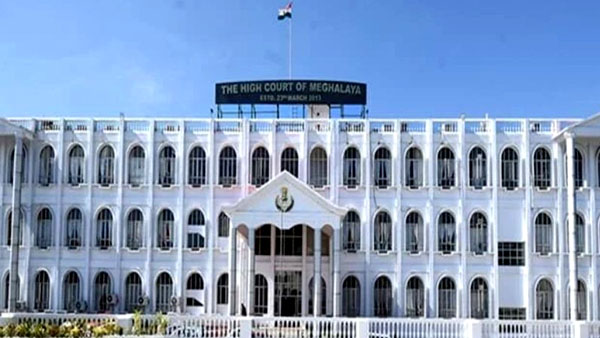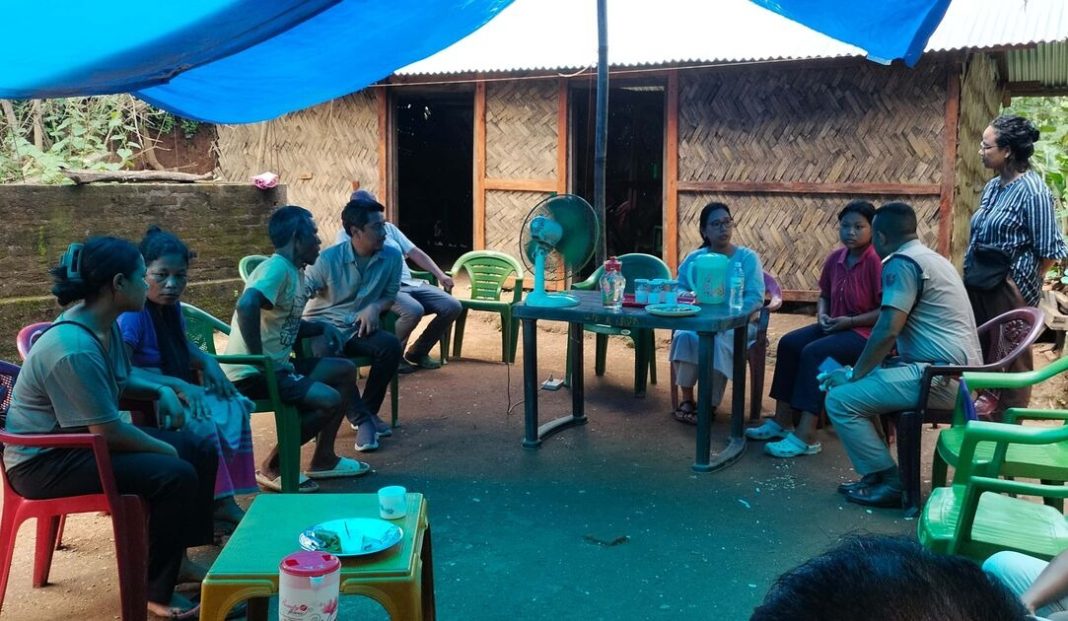PIL challenges bar on Khasi individuals adopting husband’s, father’s surnames
Shillong, July 23: The Meghalaya High Court sought reply from the state government on a PIL questioning a government decision not to issue Scheduled Tribes (ST) certificates to Khasi individuals adopting husband’s or father’s surname.
The public interest litigation (PIL), filed by Syngkhong Rympei Thymmai, challenged the provisions of Khasi Autonomous District (Khasi Social Custom of Lineage) Act, 1997 that restricted issuance of ST certificates to people who opt to use their father’s or husband’s surname.
It questioned the withdrawal of a Social Welfare department letter issued on July 21, 2020 that allowed Khasi individuals to obtain ST certificates regardless of whether they used their father’s or husband’s surname.
The letter issued to deputy commissioners of East Khasi Hills and West Khasi Hills had stated that the Act did not prohibit issuance of ST certificate “to the applicant adopting surnames of either from the father or mother and the practice of adopting husband’s surnames by non-Khasi wife was also allowed.”
However, the department withdrew the letter on May 21, 2024, causing concerns that authorities would deny certificates to Khasis adopting their father’s or husband’s surname.
The petitioner’s counsel had contended that provided a person fulfils the eligibility criteria of lineage and blood to qualify as a Khasi under the Act, subsequently amended in 2023, it does not matter whether the entitled person uses his/her father’s or husband’s surname and on that ground issuance of the certificate should not be denied.
The letter of July 21, 2020 was correctly written and ought not to have been withdrawn on May 21, 2024, stated the petitioner’s counsel.
The division bench comprising chief justice IP Mukerji and justice W Diengdoh directed the Registrar General to serve a notice on the Advocate General and the petitioner.
“…in the interest of the Khasi community at large, this issue should be resolved as expeditiously as possible,” the court said.




